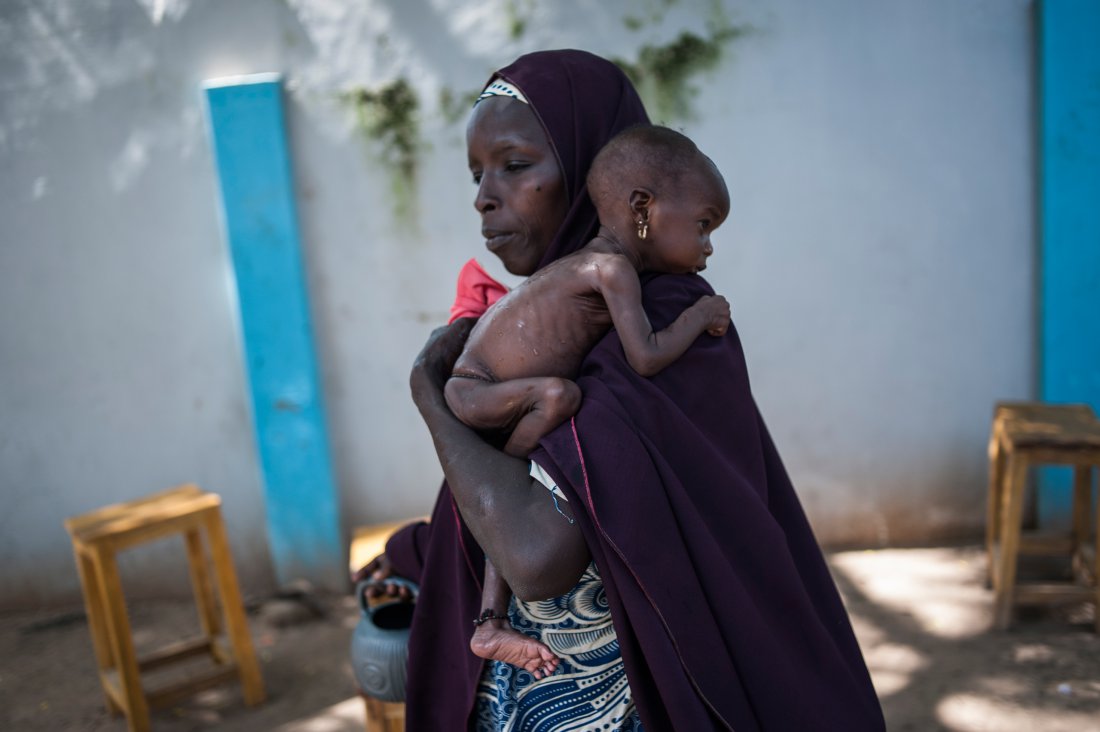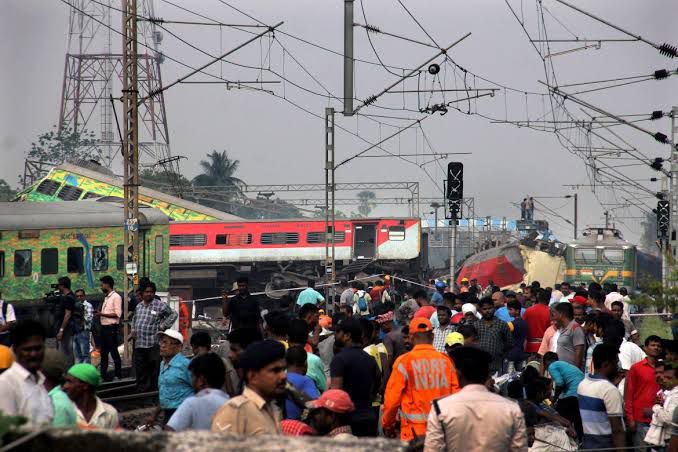A food crisis in the Sahel is having a devastating impact on children as families cannot afford to buy food and are withdrawing children from school, a new report has found.
The report published by Save The Children International (SCI), a charity organisation, was titled ‘The impact of food and nutritional crisis on children in Burkina Faso and Niger’ and was launched this week.
SCI said the report was based on a survey of 630 people in the most hunger-affected areas of Niger and Burkina Faso in West Africa as the world faces its most severe food crisis this century.
Researchers found that 84 percent of people are eating cheaper and less nutritious foods, and 57 percent are reducing meal sizes.
Advertisement
Worryingly, 34 percent are skipping meals for an entire day, leading to more children suffering from malnutrition, the report added.
Food prices have skyrocketed in Niger and Burkina Faso due to extreme weather patterns such as flooding and drought.
This has also impacted crop farming and has led to conflicts.
Advertisement
The war in Ukraine has also driven up the prices of imported foodstuff.
The report also found that armed violence has directly affected children’s education, particularly in Burkina Faso where 98 percent of respondents described the security situation as catastrophic.
Some parents have even resorted to more extreme measures, like marrying off their children, the report added.
“Currently, parents are unable to feed their children, and some do not hesitate when they have the opportunity to release a child. It is true that you will see few fathers who will recognise this, but marriage is an opportunity to free your child. In a way, it’s one less person to feed,” SCI quoted a respondent to have said.
Advertisement
SCI said the central Sahel is often referred to as the ‘forgotten crisis’ because of its complex and protracted humanitarian crises, which have escalated in recent years, adding that women, girls and children are the hardest hit in the wake of growing humanitarian needs.
“In 2023, an estimated 1.9 million children under five will likely be acutely malnourished in Niger, including 430,000 who are expected to be severely malnourished,” the report reads.
“In Burkina Faso, an estimated 400,000 children under five will likely suffer from acute malnutrition, with nearly a quarter likely to experience the most severe form of malnutrition. ”
Vishna Shah, regional director of advocacy and campaigns for SCI, noted that international donors must also step up support for affected countries so as to avert a catastrophe.
Advertisement
“Conflict and climate change are driving an already dire hunger crisis in one of the world’s most complex regions, to unprecedented levels – jeopardizing the future of millions of children.
“As communities try to cope with rising rates of hunger, rising violence and the negative effects of climate change, families are resorting to extreme measures like pulling their children out of school, as well as child marriage – which robs girls of an opportunity to keep learning, be children, and in many cases, to survive.
Advertisement
“International donors must urgently step up their support for Niger and Burkina Faso to prevent an already catastrophic situation from worsening.”
Advertisement
Add a comment






